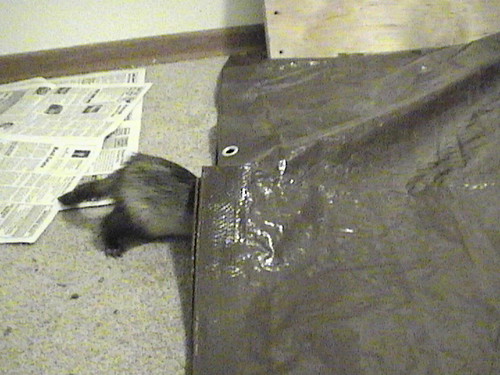mysql> select tnid from fr_strings where sid NOT IN (SELECT sid from fr_tr_by_uid where uid = 1 and language = 'es');
If you have a non-nested solution for this problem, I'd still love to see it!
Tidbits about how to do things so that I won't forget. Some might even be useful to other folks, who knows? Topics: Linux, svn, php, shell scripting... and whatever else is in the tags
mysql> select tnid from fr_strings where sid NOT IN (SELECT sid from fr_tr_by_uid where uid = 1 and language = 'es');
mysql> select distinct * from fr_strings as st natural left join fr_tr_by_uid as ui where sid > 279;
+-----+------+------+----------+
| sid | tnid | uid | language |
+-----+------+------+----------+
| 280 | 870 | 2 | es |
| 280 | 870 | 1 | es |
| 281 | 871 | 1 | es |
| 283 | 873 | NULL | NULL |
+-----+------+------+----------+
mysql> select distinct tnid from fr_strings as st natural left join fr_tr_by_uid as ui where sid > 279 AND uid != 1;
+------+
| tnid |
+------+
| 870 |
+------+
mysql> select distinct tnid from fr_strings as st natural left join fr_tr_by_uid as ui where sid > 279 AND uid != 1 OR uid is null;
+------+
| tnid |
+------+
| 870 |
| 873 |
+------+
mysql> select distinct tnid from fr_strings as st natural left join fr_tr_by_uid as ui where sid > 279 AND (uid is null OR language != "es");
+------+
| tnid |
+------+
| 872 |
| 873 |
+------+
